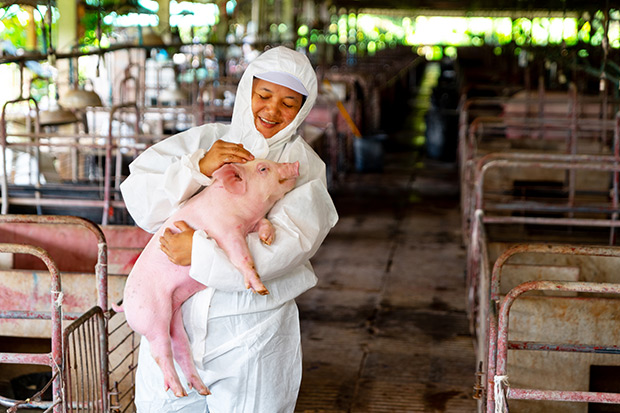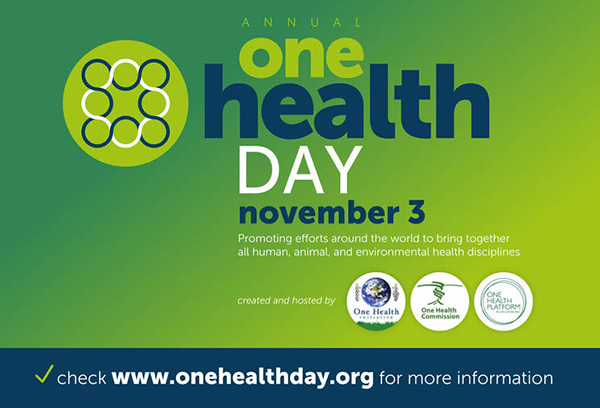CDC’s One Health framework progresses as One Health Day nears
The U.S. Centers for Disease Control and Prevention (CDC) and Department of Health and Human Services (HHS) are seeking public comment on the draft proposal titled, "National One Health Framework to Address Zoonotic Diseases and Advance Public Health Preparedness in the United States: A Framework for One Health Coordination and Collaboration across Federal Agencies (NOHF-Zoonoses)," which focuses on plans to address zoonotic diseases and advance public health preparedness in the United States for the next five years. Aims are to achieve a better understanding of the drivers of zoonotic disease, improve disease prevention and detection, and enhance disease preparedness, response, and recovery at the federal level.
This work stems from 2017, when the CDC, the U.S. departments of the Interior (DOI) and Agriculture (USDA), along with other federal entities organized a One Health Zoonotic Disease Prioritization workshop. Workshop participants identified the following eight zoonotic diseases of greatest national concern:
- Zoonotic influenza
- Salmonellosis
- West Nile
- Plague
- Emerging coronaviruses (such as SARS and MERS, and as of 2020, COVID-19)
- Rabies
- Brucellosis
- Lyme disease
After this workshop, the CDC created the One Health Federal Interagency Network to bring together experts from multiple departments in key federal agencies to exchange information, updates, and opportunities for collaboration in support of One Health across the federal government. The COVID-19 pandemic led to the creation of new One Health coordination activities across the US government.
The NOHF-Zoonoses language was enacted into law on Dec. 29, 2022, as part of the federal fiscal year 2023 budget. It directs the CDC to collaborate with interagency partners on the development of a One Health coordination mechanism at the federal level to strengthen One Health collaboration on prevention, detection, control, and response for zoonotic diseases and related One Health work across the federal government from 2023-27.
“Although this framework focuses primarily on zoonotic diseases and does not address other issues of One Health importance, the resulting partnerships, systems, and lessons will inform future One Health work and strengthen the nation’s ability to address other threats and promote health, safety, security, and resilience at the human-animal-plant-environment interface,” the draft guidance states, which was posted September 15.
The deadline for submitting written comments is November 6. Additional information is available here under docket number CDC–2023–0075. Comments can be submitted online or mailed to NOHF-Zoonoses Public Comments, 1600 Clifton Road NE, Mailstop H16–5, Atlanta, Georgia 30329.
In related news, the 8th Annual Global One Health Day is November 3, a time meant to bring global attention to the crucial need and benefits of using transdisciplinary approaches to complex health challenges involving animals, people, and ecosystems.
One Health Day is coordinated by the One Health Commission, the One Health Initiative Autonomous pro bono Team, and the One Health Platform Foundation. Promotional materials are available on the One Health Day website, where participants can register their own One Health Day event.

